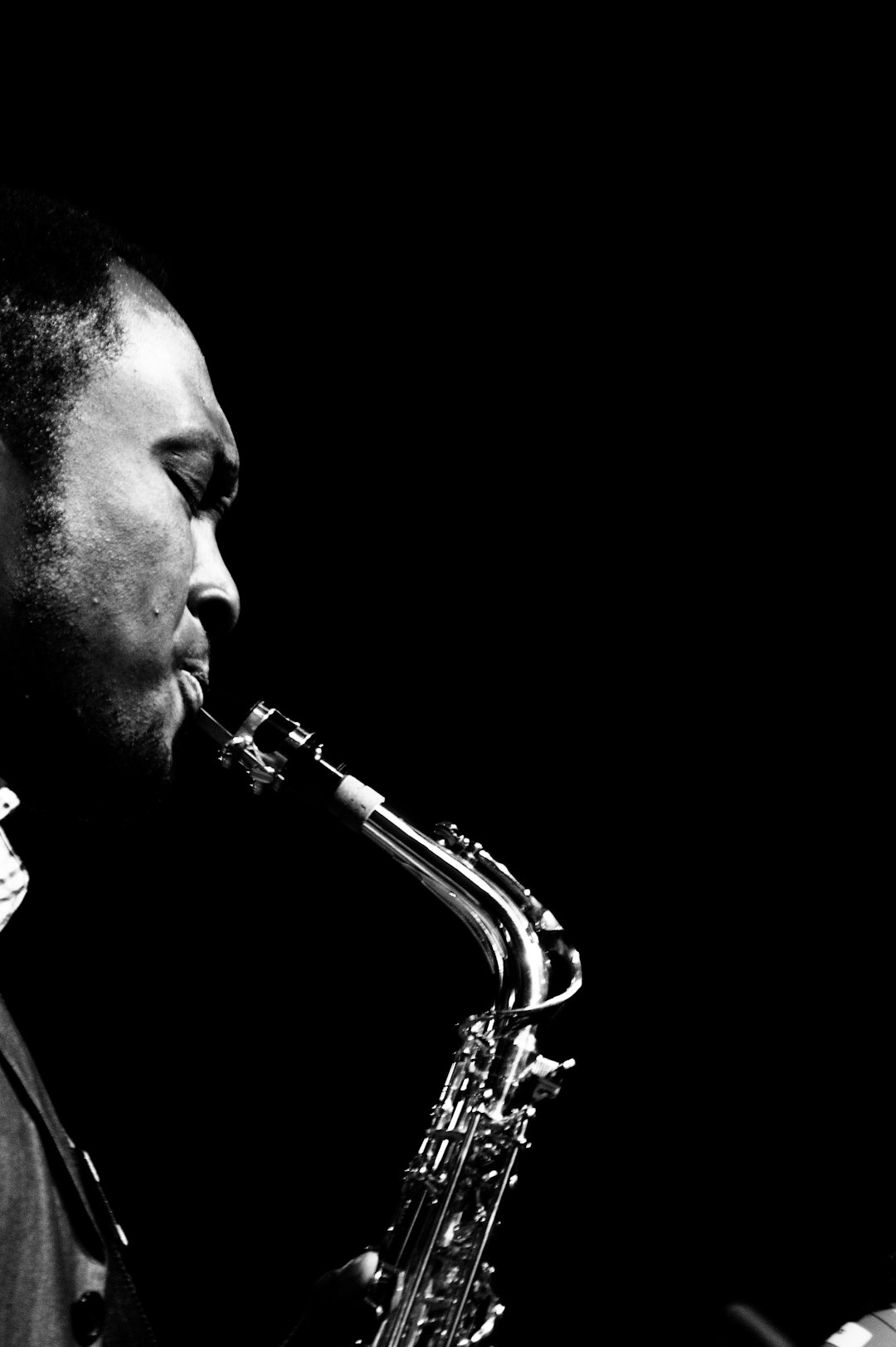Creative flow
effortless performance while at the edge of your expertise
When it flows
There are times - all too infrequent - when you are working on something, or doing something, and everything just works.

Whatever you’re doing - it flows.
I’ve occasionally experienced this flow state when walking:
Our experience of time can vary widely between two poles. The experience of time passing ever so slowly is familiar to the walker tramping relentlessly uphill in the rain with a heavy pack. In contrast, when the temperatures are moderate and the trail is downward-sloping, then occasionally the experience is such that huge areas of ground are covered for what feels like minimal effort in comparatively short periods of time. This state is known as ‘flow’, and it can apply not only to walking but to a huge range of activities, to work, to sport, to specialised performance of all varieties. Sometimes referred to as the psychology of optimal experience, flow is a central psychological concept, first developed by Mihaly Csikszentmihalyi.1 Flow is the subjective experience of concentration and deep enjoyment accompanying or arising from skilled performance. Feelings of control, of oneness, of immersion, of being in the zone, are all characteristic of flow. The experience here is very different to the elation of overcoming difficult terrain and sitting down for a well-earned rest; rather, it is in the freeing of the mind and brain from the moment-to-moment control of walking, while at the same time covering considerable distance.
We humans are skilled, expert, accomplished walkers: walking is a prime means to experience flow, available to almost all of us. Walking can facilitate the flickering between differing states of mind, and it is this that makes creative cognition most possible, precisely because walking allows a peculiarly enjoyable mindlessness (not mindfulness). Walking, with the experience of no particular thought to engage you, is one of those opportunities when odd but creative associations might arise across differing parts of the brain’s semantic networks that process memory and meaning.
I’ve also sometimes experienced ‘flow’ when writing, cycling, and even when driving. I get a similar experience sometimes when reading immersively - sinking into the text, and feeling the world disappear. Listening to music can induce similar feelings, too. It’s a sort of an ‘in the zone’ experience - fragile, as it can disappear easily, but remarkable too.
Gamers I’ve spoken to say similar things: they just love the feeling of disappearing from themselves, feeling the boundaries between themselves and the game disappear, and somehow they remain in control, zapping everything around them.
Asteroids
Back in the day, I worked some summers in an amusement arcade. I remember once a gamer playing ‘Asteroids’ - which I enjoyed, but wasn’t especially good at. He stood there for hours, zapping everything, and clocked the game many, many times - played to the end, the game would reset, and start again. Asteroids was really hard to play for long periods - especially standing and in the middle of other gamers screaming and shouting in frustration and loss as well.
It was like he had merged with the game, such was his expertise. He was there for so long that eventually, we had to close for the night, and that meant turning off all the games. He didn't seem to mind. He was played out, and had a peculiar mixture of elation and exhaustion on his face. I’m not certain he ever played Asteroids again - how could you top that performance? Getting into the flow like that again might be impossible. Why risk it?
The brain and creative flow
Jazz musicians are the great expert flow improvisers - letting go, rolling along - a highwire act where it can go terribly wrong but usually doesn’t (I suspect they practice improvising!).
👋 Here in the BrainPizza Newsletter, I take a fresh look at life through an informed, empirical, neuroscience and psychology lens, including regular in-depth treatments of topics such as metabolism, AI hype, brain implants, memory, hunger, and much more, as well as interesting listicles and commentaries. You can browse the archives here; you can subscribe here. Coming soon: a data-driven series on depression, focusing on prevalence, diagnosis, and treatment options (including aerobic exercise, and potential roles of brain inflammation).
A lovely piece of work has recently explored what happens in the brain during improvisation by expert and non-expert jazz musicians. Using a creative production task akin to jazz improvisation, researchers examined the experience of “flow” experience — this fascinating state of optimal performance, with a sense of heightened focus, creativity, and immersion.
Below the fold: exploring what’s going on in the brain during flow states, the implications for training ‘creative flow’, and if there is a magic pill to create flow.


